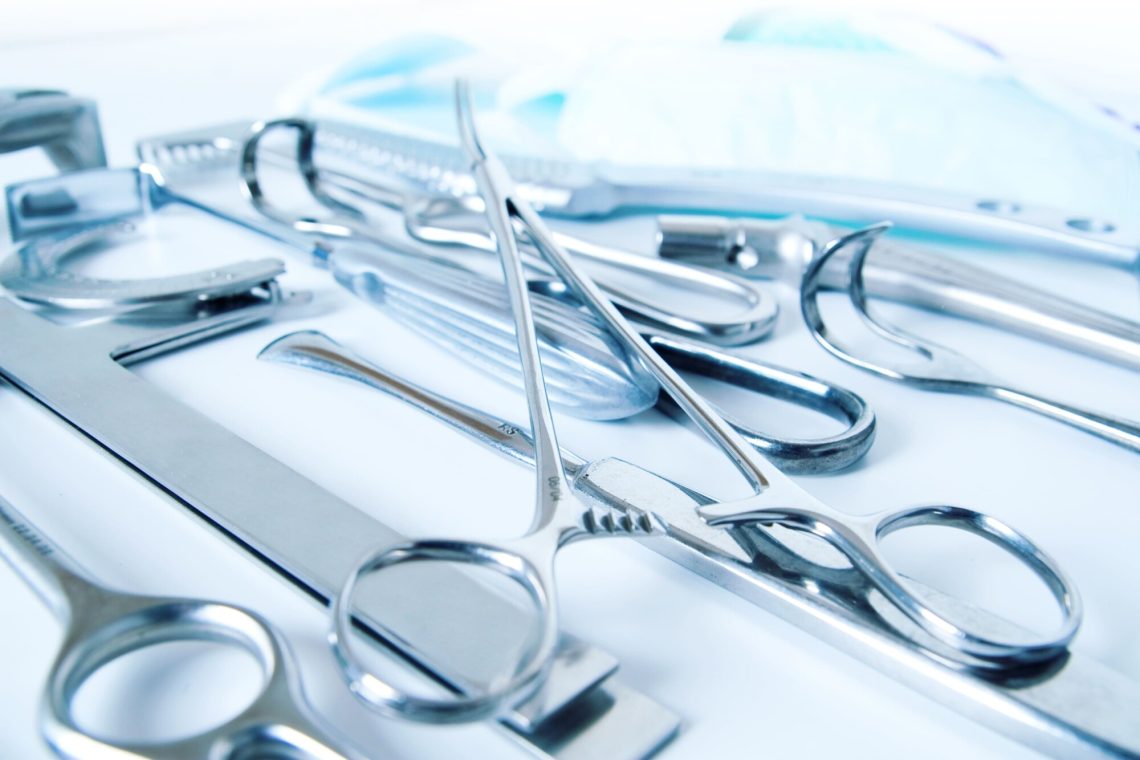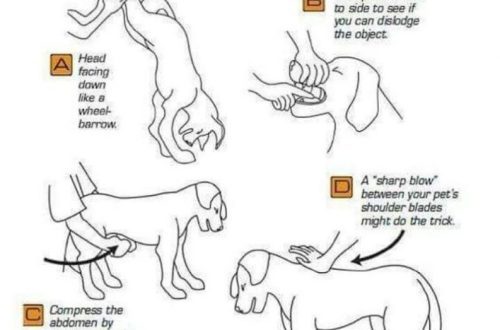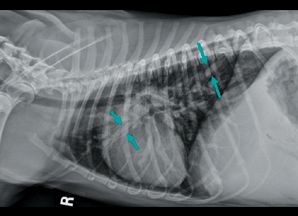
Everything you need to know about sterilization
Neutering is the best thing you can do for your puppy. That’s why:
Contents
Spayed puppies grow up healthier and happier
If you have a bitch, you will be interested to know that spaying reduces the risk of breast, uterine, and ovarian cancer, as well as the risk of uterine infections and unplanned pregnancies. Some veterinarians prefer to spay dogs before their first estrus, others do not. Discuss this with your veterinarian. If you have a male, you should know that spaying prevents testicular tumors and prostate disease. It also reduces the risk of benign tumors and hernia development.
Benefits for you
The obvious benefit for you and your family is that you will never have a problem with unwanted puppies. But there are also other benefits. Males spayed at an early age are less aggressive, less reactive to bitches and less likely to mark territory, much less climb furniture or your leg! Spaying a bitch will save you from the invasion of stray boyfriends, and also reduce her craving for vagrancy and the establishment of offspring.
Of course, if you have a purebred puppy, you may be hoping to make money by selling his offspring. But keep in mind that even for experienced breeders, all income from the sale of puppies is spent on payments to producers, vaccinations and other procedures. Getting offspring requires hard work and deep knowledge, so it’s better to leave this occupation to professionals.
Social Benefits
Unfortunately, millions of dogs are euthanized every year around the world. Most of them appear as a result of uncontrolled breeding of unsterilized animals. If you sterilize your pet, then you do not exacerbate this problem.
Your doubts about sterilization
Despite all the obvious benefits of sterilization, you may have doubts. Let’s talk about the most common ones:
Concerns about the operation itself
No one expects such an operation to be easy and unnoticed, however, you must understand that sterilization is a routine operation that is usually safe. The benefits here far outweigh the risks.
Will my puppy gain weight?
There is no pattern according to which animals must gain weight after sterilization. Just remember to balance the amount of food with your puppy’s exercise. You may consider switching your pet to a low calorie diet such as Hill’s™ Science Plan™ Light when your puppy is one year old.
Will my puppy’s temperament change?
Only for the better. He will be less aggressive, less likely to roam and mark his territory.
What is required?
The sterilization operation requires general anesthesia.
In males, the procedure is to remove the testicles; in bitches – in the removal of the uterus and ovaries or only the ovaries. Usually, the veterinarian asks not to give the animal anything to eat or drink for 12 hours before the operation. You may be able to take your pet home the same day, or he may need to stay in the clinic a little longer if he has not yet completely recovered from anesthesia.
Your veterinarian will advise, and possibly provide, what food to feed your puppy tonight.
When your puppy comes home, he will need a few days of rest and your care and love. Don’t let him jump or bite through the seams. For a while, it is worth stopping all exercises, except for walking. Your veterinarian will give you advice on how to care for your puppy, as well as the timing of the next visit and post-op checkup. You will most likely be asked to come back 10 days after the operation to check the stitches and remove them if necessary.





